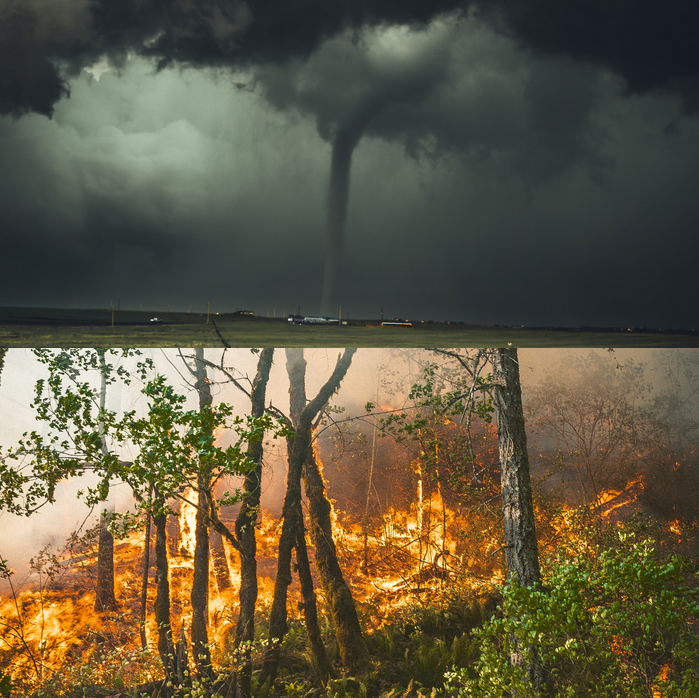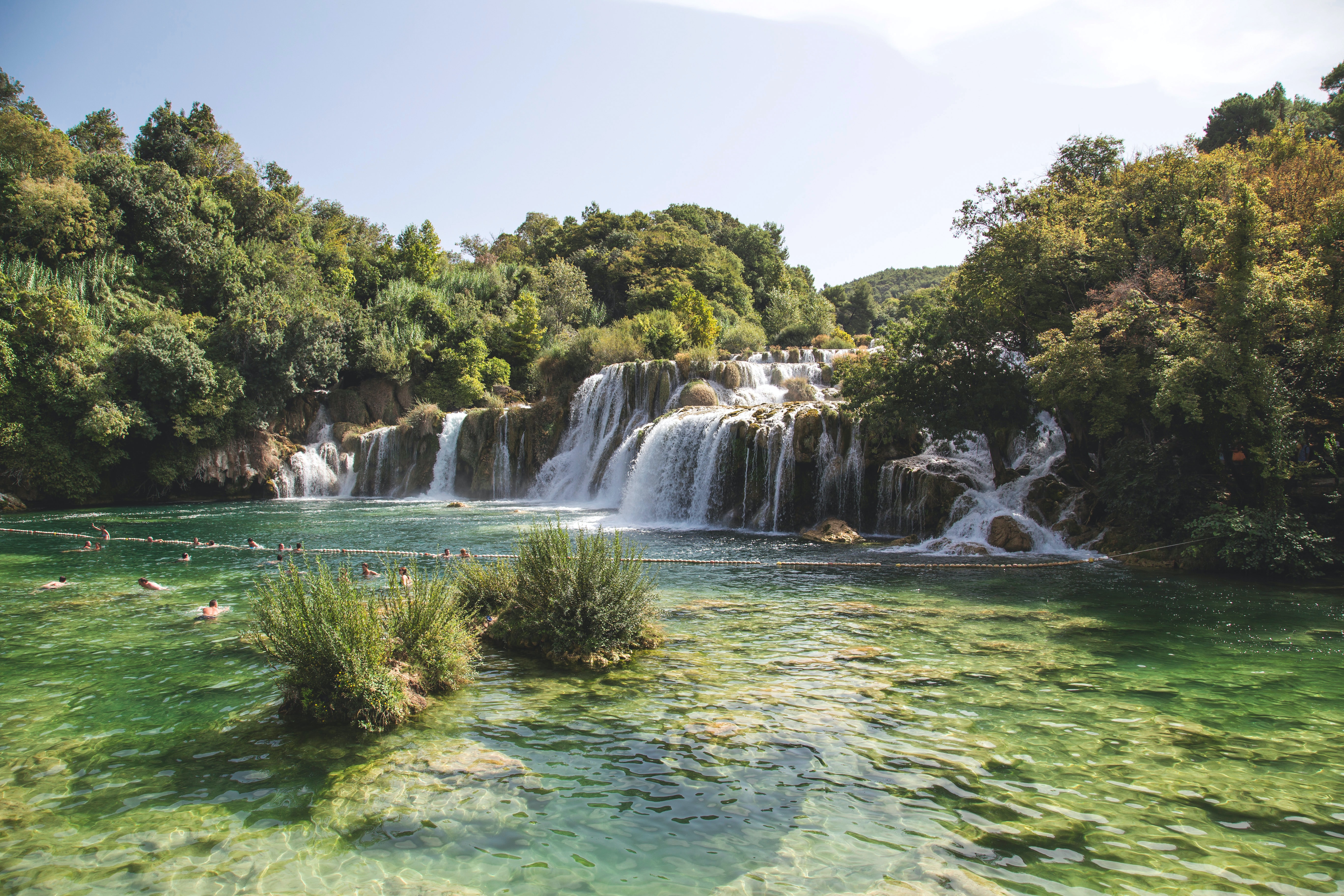
“It was the best of times, it was the worst of times, it was the age of wisdom, it was the age of foolishness, it was the epoch of belief, it was the epoch of incredulity, it was the season of Light, it was the season of Darkness, it was the spring of hope, it was the winter of despair, we had everything before us, we had nothing before us, we were all going direct to Heaven, we were all going direct the other way—in short, the period was so far like the present period, that some of its noisiest authorities insisted on its being received, for good or for evil, in the superlative degree of comparison only.”
Charles Dickens
Dickens wrote these words in the 19th century, and they ring even truer today. We have reached a time when his descriptions of British society have become the way of the world. Nature is burning, storming, erupting and quaking. A vicious pandemic is now governing our lives. All of our major institutions are failing. We are facing the very real possibility of extinction of our species either by nature or by a global nuclear exchange. And we are asking, “Why?”
Is this the work of an angry God who has said, Enough is enough? And if so, what is it enough of? Are these just normal cycles of nature that occur throughout the ages? Maybe. Are we just hapless victims or a perfectly horrible state of affairs arising out of multiple negative and unpredictable factors? I don’t think so.
The Answer Is within Us
The human species evolved on the earth as the fourth level of existence, following the inanimate, the vegetative and the animal, in that order. Over billions of years Nature prepared our earthly home as a place where we have everything we need for survival and for a pleasant life. And in doing so she installed inside each of us everything that was already created.
Each level of existence has an inner life, so to speak, or a desire. The inanimate wants to maintain its form, to stay as it is. The vegetative embodies a spirit that wants to grow and moves toward light. It contains in it all that is in the inanimate—minerals, sun, water and so forth. Animals are more highly organized, independent, move and seek satisfaction, having in it all the qualities of inanimate and vegetative.
These first three levels of nature are parts of a unified whole, a holistic system in which the parts understand their relationships toward each other. The laws of nature are established here, providing for us the template for our relationships with each other. Nature responds to these multiple relationships within and between levels by maintaining balance and interdependence among them.
Humans are born in an animal form, not yet aware that within us resides everything that is part of what came before. Bones are the inanimate, hair and fingernails are vegetative, our bodies are animalistic. All minerals of the earth, life energy and beastly instincts are part of who we are.
Nature is waiting for us to understand what our relationship is to the whole —an integral and deterministic reality that is totally altruistic. Our destructive actions toward nature arise from the difference between our inner quality of ego and the laws of Nature. In the same way that we can be harmed by an element from the vegetative, say a poisonous plant, or from an animal, maybe a snake bite, we harm all levels of nature when we act out of alignment with Nature.
Mankind can engage in all sorts of laws and agreements regarding environmental issues, border disputes, educational objectives, social distancing and whatever else, but none of them will help, because of the difference between us and Nature.
What if…
…we were to conduct an experiment, if we called a truce on all the separation we feel among ourselves. Look for the things that connect us and engage in them. Avoid gossip and criticism, listen to each other, imagine ourselves walking in the shoes of others. Pretend that we humans represent a vital life force that is working for the well-being of others. What if millions of us tried it for a week? We would watch nature calm down, skies would grow clear, the waters would teem with life, threatened species would thrive. This is because, yes, humans do affect how nature acts. The resolution of our current global crisis is entirely up to us, individually and collectively.


